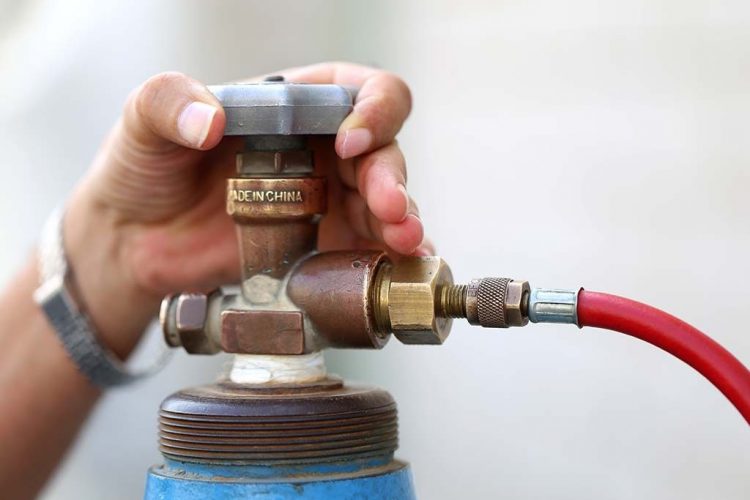Gas is a major energy source that powers about 70% of Australian homes. Those that use gas for heat or other appliances such as the furnace, water heater, and stove have a gas pipe plumbing system that is connected either directly to a gas network or bottled gas alternative. Either way, the most widely used gas for these applications is natural gas.
When installed and used properly, natural gas should be safe and convenient. These systems are installed in homes by a professional plumber. But, over time, problems can occur and two of the biggest reasons for these issues are ageing pipes and the buildup of gas pressure. In some cases, tree roots can also penetrate into the pipes and all these often result in gas leaks.
These leaks are toxic and highly flammable, exposing anyone residing in the property at risk, including plants and pets. What are the signs of a gas leak and what should you do in the event of such an emergency? Read more to find out.
The Signs of Gas Leaks at Home
Minor gas leaks may not always smell or give away signs. However, the following are what you should keep an eye out on:
- The smell of sulphur or rotten eggs
- A hissing sound near the gas line
- Bubbles in the water
- A damaged gas pipe
- Wilted plants
In addition to that, exposure to gas leaks may also lead you to experience the following symptoms:
- Headache
- Dizziness
- Nausea
- Skin, eye, and throat irritation
- Fatigue
- Breathing difficulties
These symptoms may occur due to the gas leaks reducing the amount of oxygen available in small, enclosed environments. Worse cases can lead to loss of consciousness, even death due to suffocation. Several deaths have been recorded in the past due to suspected gas leaks, explaining the ardent call of the government to report gas leaks and incidents.
What Should You Do If You Smell Gas Inside Your Home?
While exposure to low levels of natural gas is not harmful, the case is totally different when you’re exposed long-term or to high concentrations of natural gas. Below are the steps you should take if you suspect a gas leak in your system.
- Open your doors and windows for ventilation.
- Don’t plug in, unplug, or switch on/off any electrical appliances as any of these can cause a spark that could start a fire.
- Extinguish any flames and don’t smoke, light matches, or switch on a flashlight near your property where there is a suspected gas leak.
- Turn off your gas and electric supply and do so with caution.
- Contact the nearest utility company in your area. For instance, if you are in Canberra, contact and request for a Canberra plumbing service to inspect the potential gas leak in your residence. It is also best to have a 24-hour gas emergency helpline ready on your speed dial, so you can contact them quickly during unexpected hours.
- Re-enter your home only after you’re advised that it’s safe to do so.
How to Prevent Gas Leaks
Gas leaks can be dangerous and thus must be taken seriously.
Understanding the signs on time is crucial so that immediate measures can be taken to safeguard your family and so does taking periodic checks to help you avoid a possible gas leak. You can benefit from working with your local plumber who is qualified in terms of gas fitting, piping installation and maintenance. Like a lot of people, you would probably only consider a plumber for water pipe issues. However, there are actually plumbers who are trained, licensed, and experienced to work with natural gas lines.
For gas pipe plumbing system installation and maintenance, get in touch with a professional plumber today.
Did you find this article helpful? Share your thoughts by leaving a comment.


